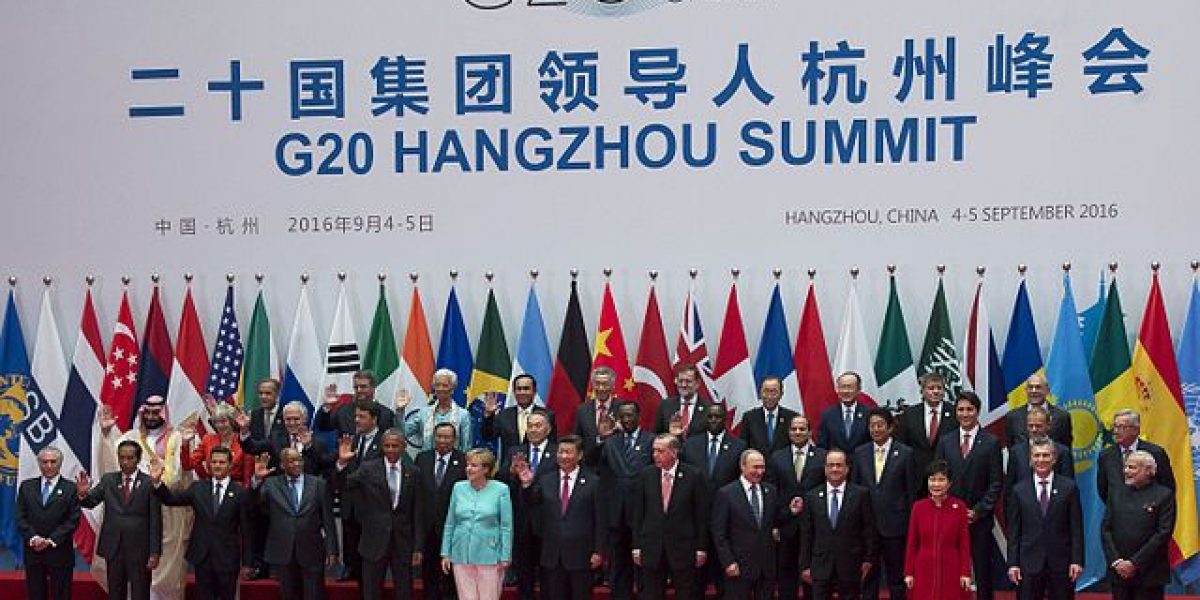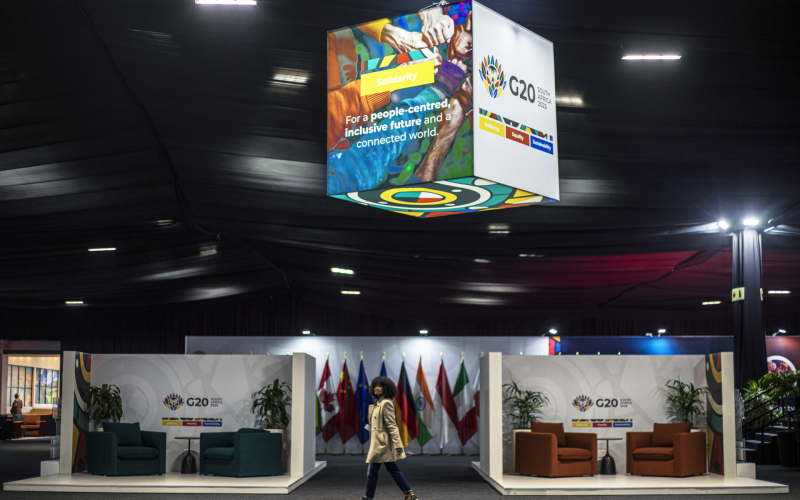This situation belies the relevance of the G20 agenda and discussions to the economic development goals of the continent. The G20 considers issues directly linked to Africa’s own agenda, as set out by the AU in Agenda 2063, including regional economic integration, domestic resource mobilisation and infrastructure financing. Other G20 decisions have a more indirect impact on Africa, such as those related to financial regulation, growth targets for the members, and trade.
Five years ago, the Overseas Development Institute (ODI) and SAIIA developed a set of recommendations for ONE – the international campaigning and advocacy organisation – that looked at ways in which the G20 could respond to the development needs of Africa. This paper revisits the report developed in 2010 for ONE and looks at progress to date in some of the priority areas that were set out in the original research, including infrastructure development, regional integration, participation in the global trading system, and attracting foreign direct investment. A number of these areas have been taken up by the G20 as part of its ongoing agenda and have resulted in decisions that are relevant for the continent. There is still much that could be done, however, to ensure the synergies are maximised between the work of the G20 and the development priorities of Africa.








